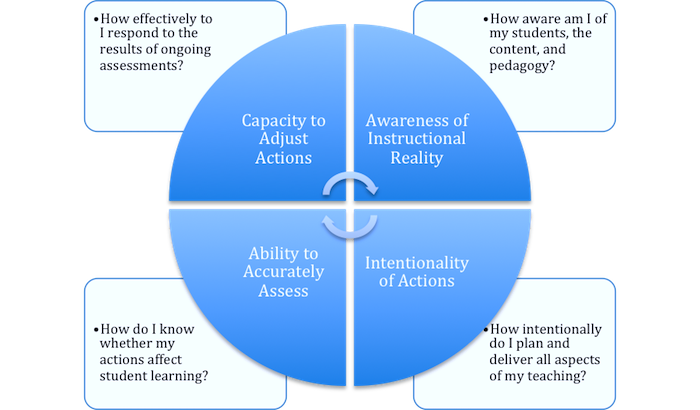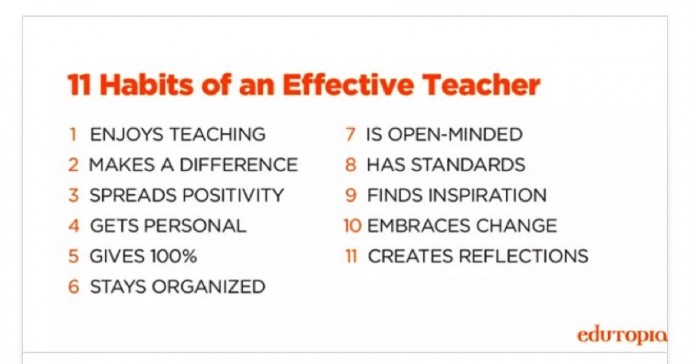Fast Llama's,
Is it me or is the school year flying by? We are heading into DPM time already!
This past week I got a pedagogical infusion with face to face training with Pete Hall. If you ever have an opportunity to hear him, he is simply amazing, real and intentional. He got me thinking about planning and the "thinking about the doing". This is an important moment for me as I have been struggling with the backwards planning process that Donna Pahmiyer advocates. Her process is a good one, very intentional and grounded in the research. (backwards planning shows up in the literature a lot, trust me).
When the science department was spoiled with what we called the "war room", a room completely ours for planning, the process worked really well. However, that room is gone and I tried and (have failed) to continue the process with large paper and markers... it was a whole thing. We always try to bring our best and have the best intentions, but, physically it became impossible. However, what we learned from the backwards planning process (after reflection, more on this in a minute), is:
1. it's important to know what mastery and success looks like
2. it's important to know what the TEKS really say and what experiences students have with them
3. it's important to know what we are teaching everyday and how it aligns to what is assessed
4. it's not teaching to the test when we are intentional to the exposure students are getting daily (this was the toughest one to accept)
5. planning is important because it allows us to think deeper about the learning and most importantly, about the doing
One of my favorite colleagues to discuss "the work" with is Melissa Bustos. I do believe I like talking with her about teaching practices because she is reflective. John Dewey (our old friend) said, "We do not learn from experience... we learn from reflecting on experience.” And reflecting on our teaching practice is extremely important and what separates, what Pete Hall calls the "unaware", "conscious", & "action" teacher to the "refined" teacher on his reflective continuum. (Unaware just means you don't know, it doesn't mean you are incapable of knowing, for example, I am unaware about how to artfully carve a pumpkin, but I can learn and practice and perhaps become an expert if I put in effort to the task)
Here is Hall's Reflective Cycle:

"If you don’t think, you don’t learn. It is the ongoing reflection by a teacher about their practice that results in improvement. Teachers who don’t regularly reflect risk stagnation and thus miss opportunities to engage and teach their students at higher levels." David Perkins.
https://aplusala.org/best-practices-center/2018/12/14/helping-teachers-at-every-stage-build-their-capacity-to-reflect/
On Friday, Melissa and I hashed out a new plan to put Pahmiyer's training into place in more intentional and practical ways that work for us at Labay. "Her ideas are good, I get it", Melissa said, telling the first year teacher on our team, "you are learning a lot today."
It's the planning that is the real work. Teaching is actually quite easy, it's figuring out what to say, what to do, how to assess, how to dive deeper, how to extend, how to teach success, etc., that makes the work we do both rewarding and exhausting. This reflection and planning is what separates excellence with mediocrity.
So, my strategy to offer to you for tonight's motivation is to put reflection into practice. Start a reflective journal on your teaching practices, like the one I created when I was starting with more purpose and intentionality using Quantum Learning strategies. I wrote each day on the "QL" strategies I was putting in to play in my lesson plans. The planning morphed into using my content to provide SEL, multicultural and character lessons into my daily interactions with students. Reflective journaling made the difference that year in my growth of putting into play more QL. Teaching became exciting as I was looking for ways to level up my lessons. It took a little effort, but the pay off was big. I didn't realize it at the time that I was being reflective, I was simply writing down what I was doing to think about new ideas and realistically to remember to do it again the next year. It was the difference between mediocrity and what I might dare say excellence.
I found this on Edutopia, let's rename this 11 Habits of a Fast Llama! Check out #11.

Keep running fast llamas!
For more information about Pete Hall research, check out this presentation...
https://www.sccharterschools.org/assets/2016Conference/growingyourreflectionprocess.pdf
Pete's Books:




No comments:
Post a Comment
Join in the conversation: